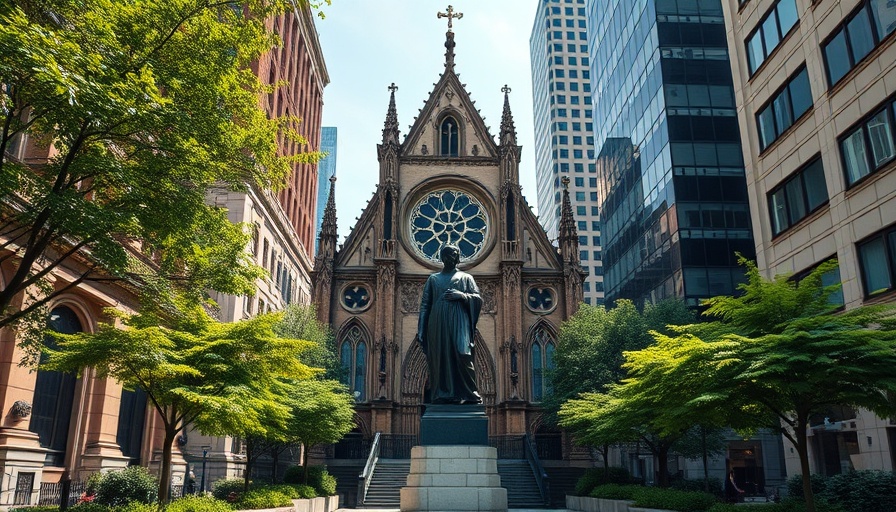
The Faith-Based Affordable Housing Act: A Potential Lifeline?
The recently proposed Faith-Based Affordable Housing Act has sparked significant debate among various industry leaders and societal advocates. At first glance, it seems to present a viable solution to the ongoing affordable housing crisis in metropolitan areas, particularly in places like Manhattan where housing prices are exorbitant.
Balancing Faith and Community Needs
By allowing religious organizations to utilize their properties for affordable housing development, proponents argue this act could enable these organizations to contribute positively to their communities. For many faith groups, the opportunity to leverage their surplus land offers a dual benefit: generating revenue and fulfilling their mission of service. Furthermore, this approach aims to create more diverse, inclusive living environments, essential in a city where affordability is increasingly out of reach for many families.
Concerns of Deregulation
However, critics raise valid concerns about potential deregulation risks that could accompany such initiatives. Without stringent guidelines, there’s fear that the act might prioritize profit over community welfare, leading to inadequate housing quality or displacement of existing residents. In essence, the question arises: will this legislation genuinely resolve housing shortages, or merely serve as a façade for real estate development?
Possible Long-Term Impact
The Faith-Based Affordable Housing Act, while promising, requires careful consideration of the implications. Engaging with multiple sectors—lawyers, accountants, and medical professionals—ensures a multifaceted outlook essential for implementing effective housing strategies. Only by weighing the pros and cons can stakeholders contribute to crafting a sustainable future for housing within faith communities.
 Add Row
Add Row  Add Element
Add Element 



Write A Comment